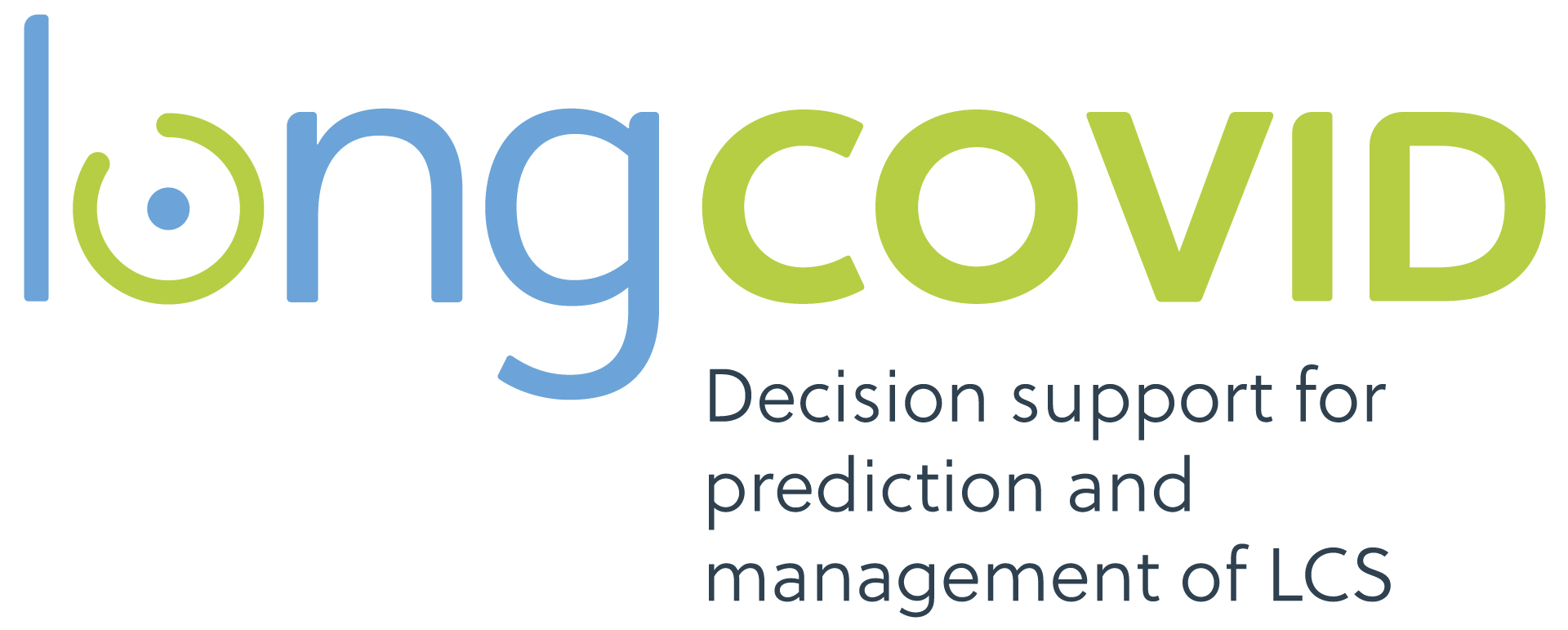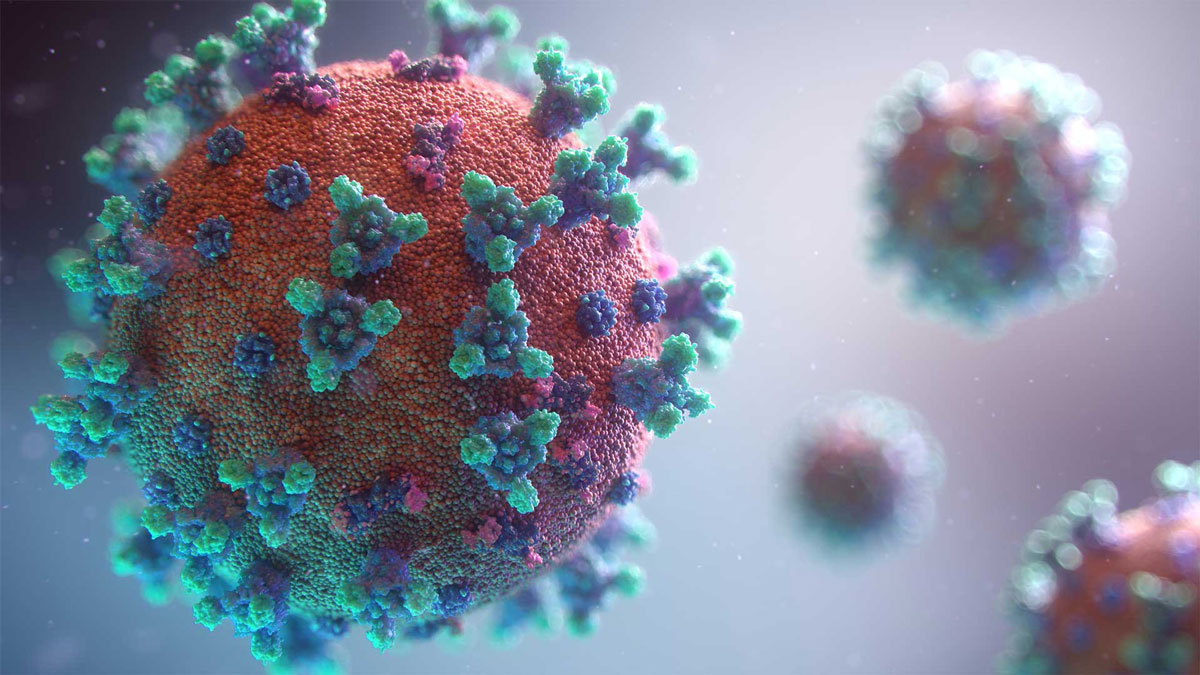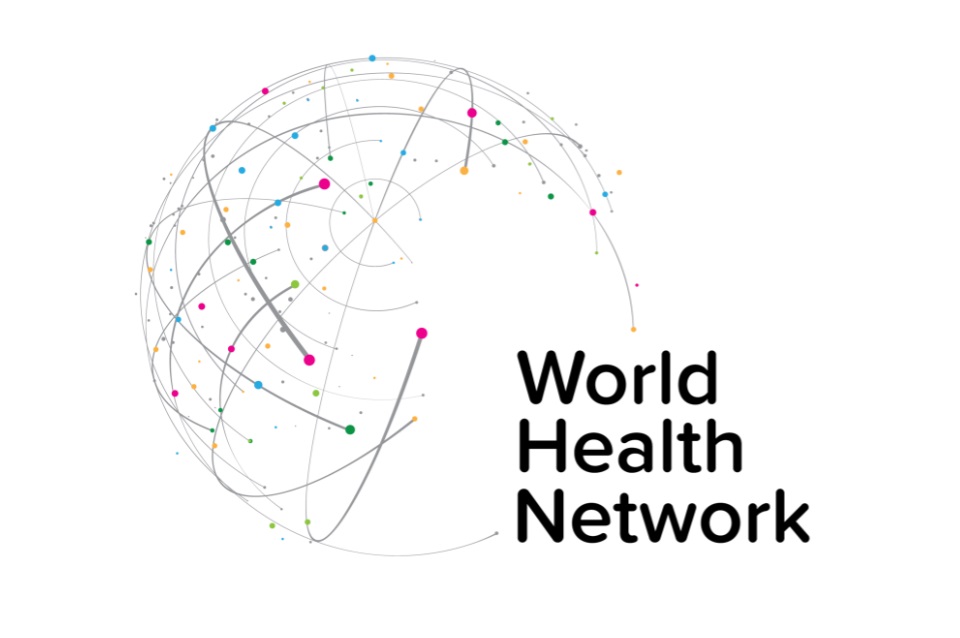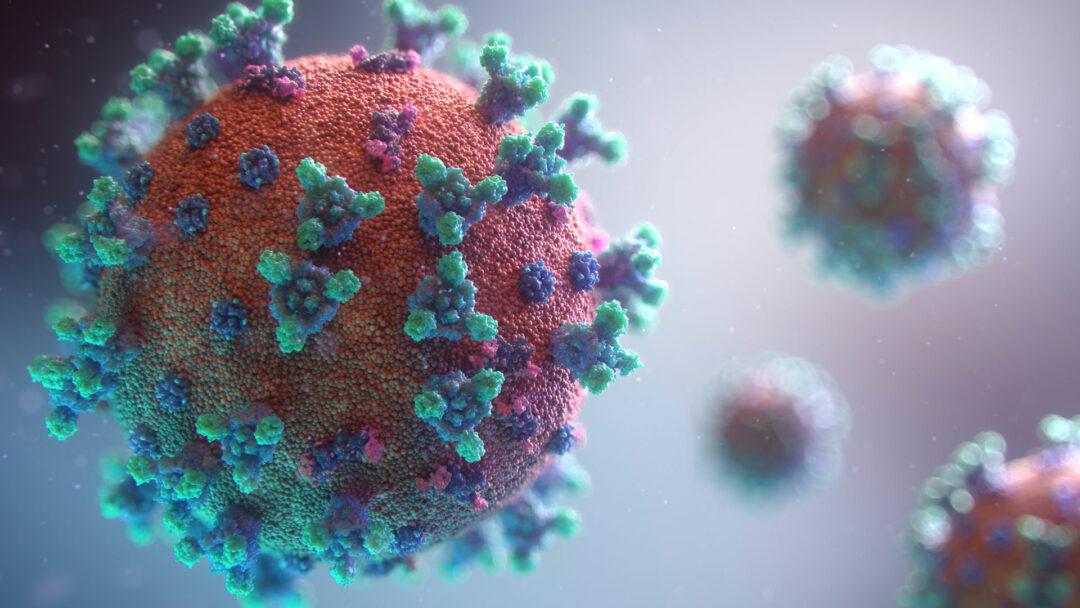A recently published outstanding article authored by Dr. Kailin Yin, a postdoctoral fellow at Gladstone Institutes in Nadia Roan’s lab, is now available in Nature Immunology.
In this study, participants who consistently fulfilled the criteria for Long COVID (LC) were examined by using ‘omic” assays and serology to deeply characterize the global and SARS-CoV-2-specific immunity in the blood, 8 months postinfection.
The Long COVID (LC) group, consisting of 27 individuals, had a median age of 46 years, with 63% being females, and 26% having a history of hospitalization for COVID-19. The Reference (R) group, comprising 16 individuals, had a median age of 45.5 years, with 44% being females, and 12.5% having a previous hospitalization for COVID-19.
“We found that LC individuals exhibited systemic inflammation and immune dysregulation. This was evidenced by global differences in T cell subset distribution implying ongoing immune responses, as well as by sex-specific perturbations in cytolytic subsets. LC individuals displayed increased frequencies of CD4 T cells poised to migrate to inflamed tissues and exhausted SARS-CoV-2-specific CD8 T cells, higher levels of SARS-CoV-2 antibodies and a mis-coordination between their SARS-CoV-2-specific T and B cell responses. Our analysis suggested an improper crosstalk between the cellular and humoral adaptive immunity in LC, which can lead to immune dysregulation, inflammation and clinical symptoms associated with this debilitating condition” (Yin, K., Peluso, M.J., Luo, X. et al., 2024)).
Yin, K., Peluso, M.J., Luo, X. et al. Long COVID manifests with T cell dysregulation, inflammation and an uncoordinated adaptive immune response to SARS-CoV-2. Nat Immunol (2024). https://doi.org/10.1038/s41590-023-01724-6
